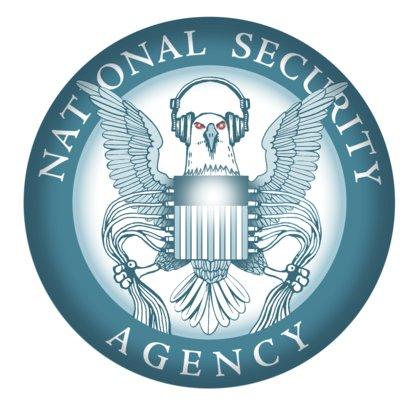Man, it was bad:
The difficulty of distinguishing between e-mail messages involving foreigners from those involving Americans was “one of the main things that drove” the Bush administration to push for a more flexible law in 2008, said Kenneth L. Wainstein, the homeland security adviser under President George W. Bush. That measure, which also resolved the long controversy over N.S.A.’s program of wiretapping without warrants by offering immunity to telecommunications companies, tacitly acknowledged that some amount of Americans’ e-mail would inevitably be captured by the N.S.A.
But even before that, the agency appears to have tolerated significant collection and examination of domestic e-mail messages without warrants, according to the former analyst, who spoke only on condition of anonymity.
He said he and other analysts were trained to use a secret database, code-named Pinwale, in 2005 that archived foreign and domestic e-mail messages. He said Pinwale allowed N.S.A. analysts to read large volumes of e-mail messages to and from Americans as long as they fell within certain limits — no more than 30 percent of any database search, he recalled being told — and Americans were not explicitly singled out in the searches.
The former analyst added that his instructors had warned against committing any abuses, telling his class that another analyst had been investigated because he had improperly accessed the personal e-mail of former President Bill Clinton.
The real story is that this is still going on under the Obama Administration.

